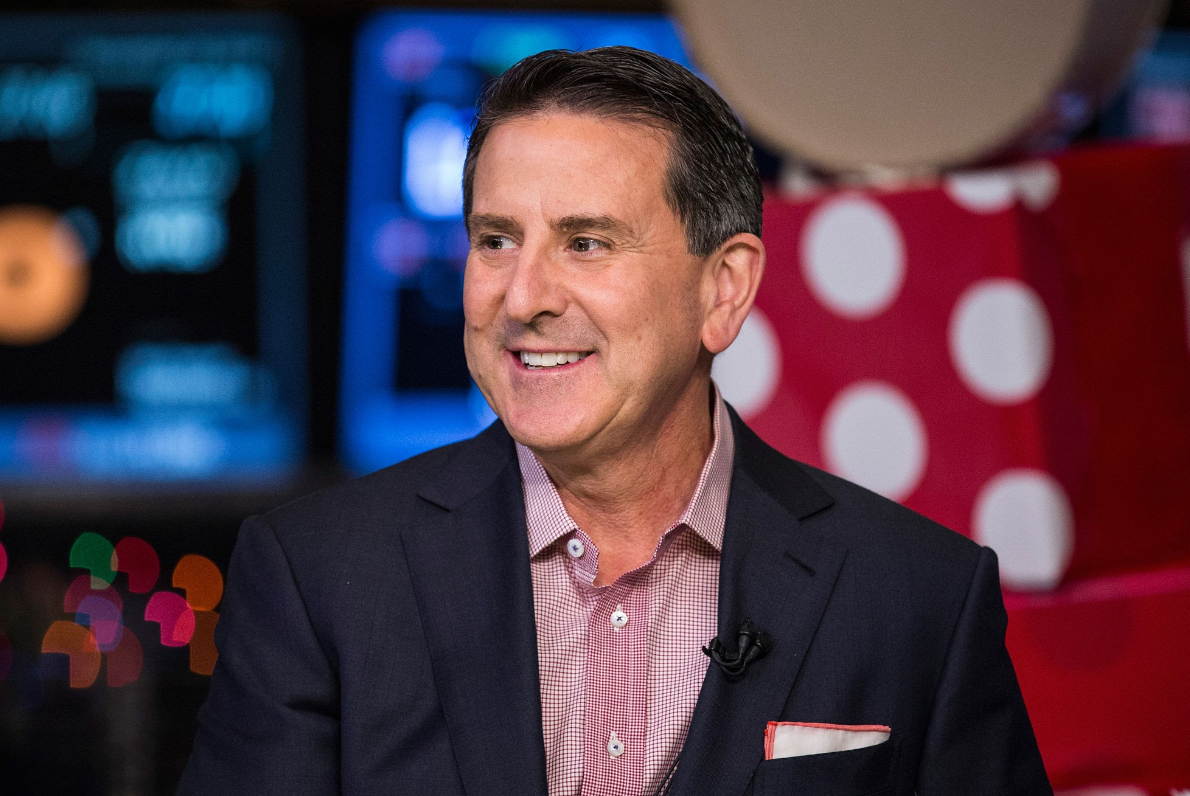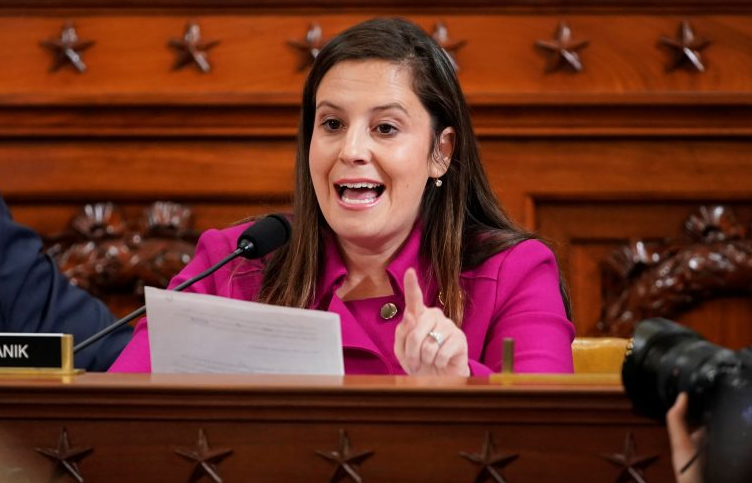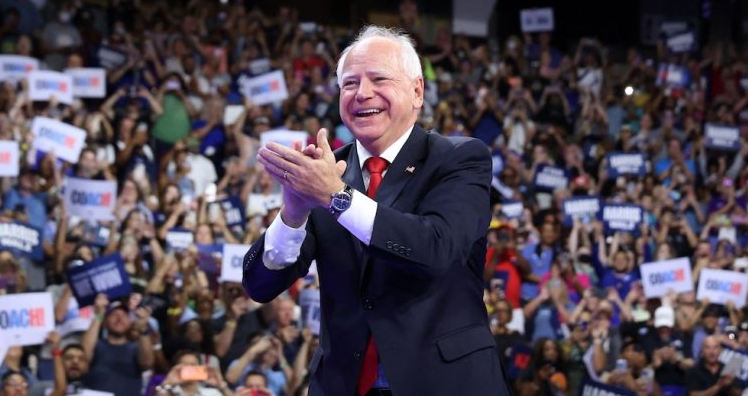In the ever-evolving retail sector, Target Corporation has remained a focal point for discussions on corporate strategy, consumer behavior, and economic policy. Recently, Target’s CEO, Brian Cornell, addressed several critical issues facing the retail industry, sparking a wave of reactions across social media platforms and financial news outlets.
Target’s CEO blasts Kamala’s claim that retailers are price gouging:
— Daily Wire (@realDailyWire) August 22, 2024
Addressing Price Gouging Accusations
Amidst rising concerns over inflation and corporate pricing strategies, Cornell tackled the contentious topic of price gouging head-on. In statements that circulated widely on platforms like X (formerly known as Twitter), he emphasized that in a highly competitive industry like retail, the notion of price gouging is largely untenable. “Retailers can’t just arbitrarily increase prices,” Cornell remarked, defending Target’s pricing strategy against accusations that the company was inflating prices beyond necessary margins. This stance was met with mixed reactions; while some praised his acknowledgment of market dynamics, others, including political figures like Kamala Harris, questioned the timing and extent of price adjustments by major retailers.
Corporate Social Responsibility and Consumer Backlash
Cornell’s comments also touched on Target’s approach to corporate social responsibility, particularly in light of previous controversies surrounding its Pride Month merchandise. Following a significant backlash in 2023, where some products were removed from shelves due to safety concerns for staff, Cornell admitted that the boycott had impacted sales. This admission was not just an acknowledgment of consumer power but also a reflection on how deeply corporate values can influence market performance. Despite the financial hit, Cornell reiterated Target’s commitment to diversity and inclusion, suggesting a nuanced approach to balancing corporate values with market demands.
Economic Insights and Corporate Taxation
In discussions around economic policy, Cornell voiced support for a lower corporate tax rate, arguing that it could benefit both the company and its consumers through potentially lower prices or increased investment in business operations. This perspective aligns with broader business community calls for tax reforms, aiming to stimulate economic activity and investment.
Public Sentiment and Corporate Strategy
The X posts following Cornell’s comments revealed a spectrum of public sentiment. While some users criticized Target for what they perceived as corporate greed, others defended the company’s right to operate within market constraints. Cornell’s mention of not being able to “price gouge” in a competitive environment was both a defense mechanism and a lesson in economics for some observers, highlighting the complexities of pricing in retail.
Conclusion
Brian Cornell’s recent comments encapsulate the challenges modern retailers face: balancing profit with public perception, navigating economic policies, and responding to societal shifts. Target’s CEO has positioned himself at the intersection of business strategy and social commentary, reflecting a broader trend where corporate leaders are increasingly expected to comment on and navigate through complex socio-economic issues. As Target continues to adapt its strategies in response to these dynamics, Cornell’s leadership will undoubtedly be under the microscope, reflecting the broader tensions between corporate America and its diverse consumer base.






